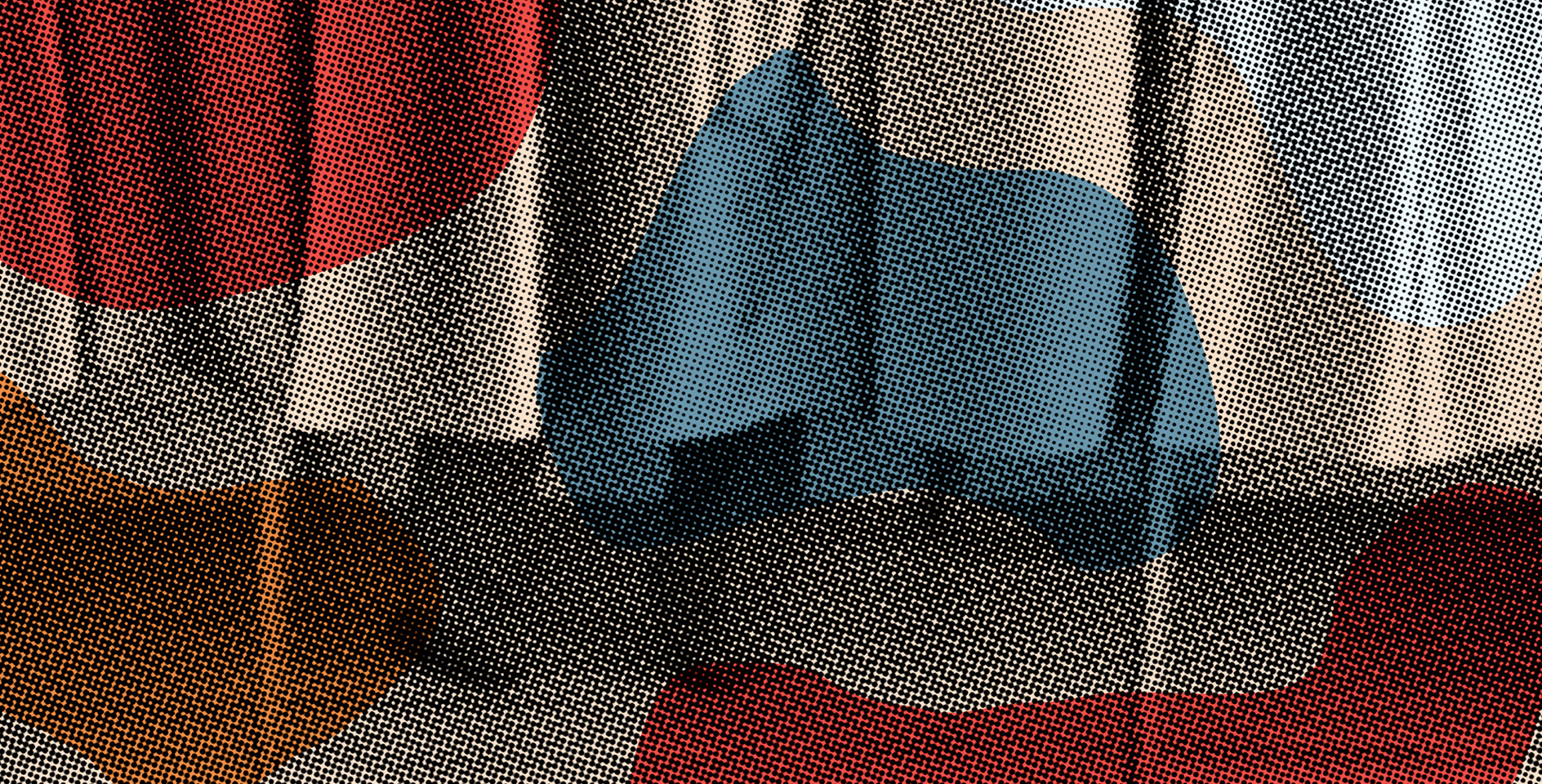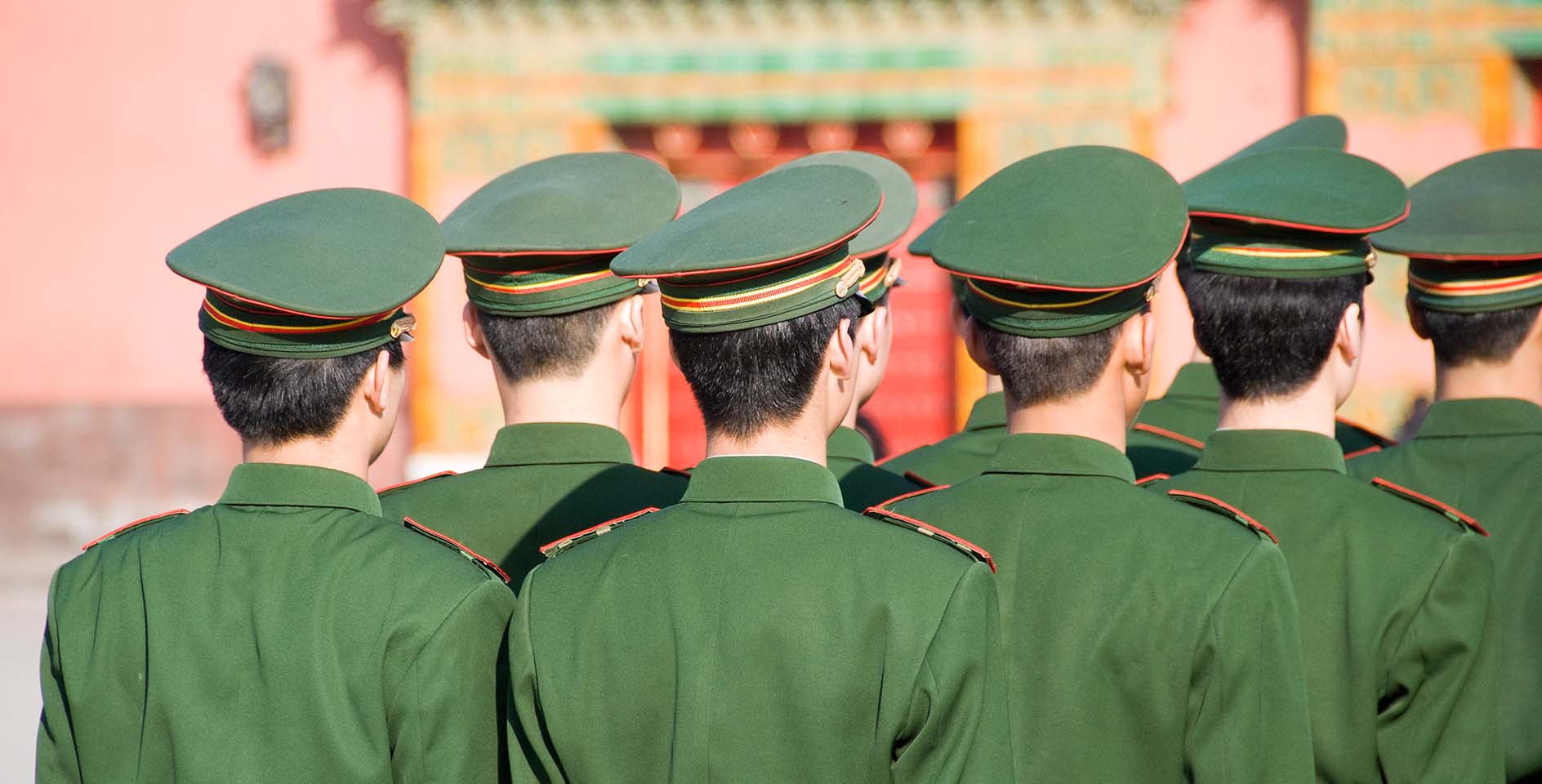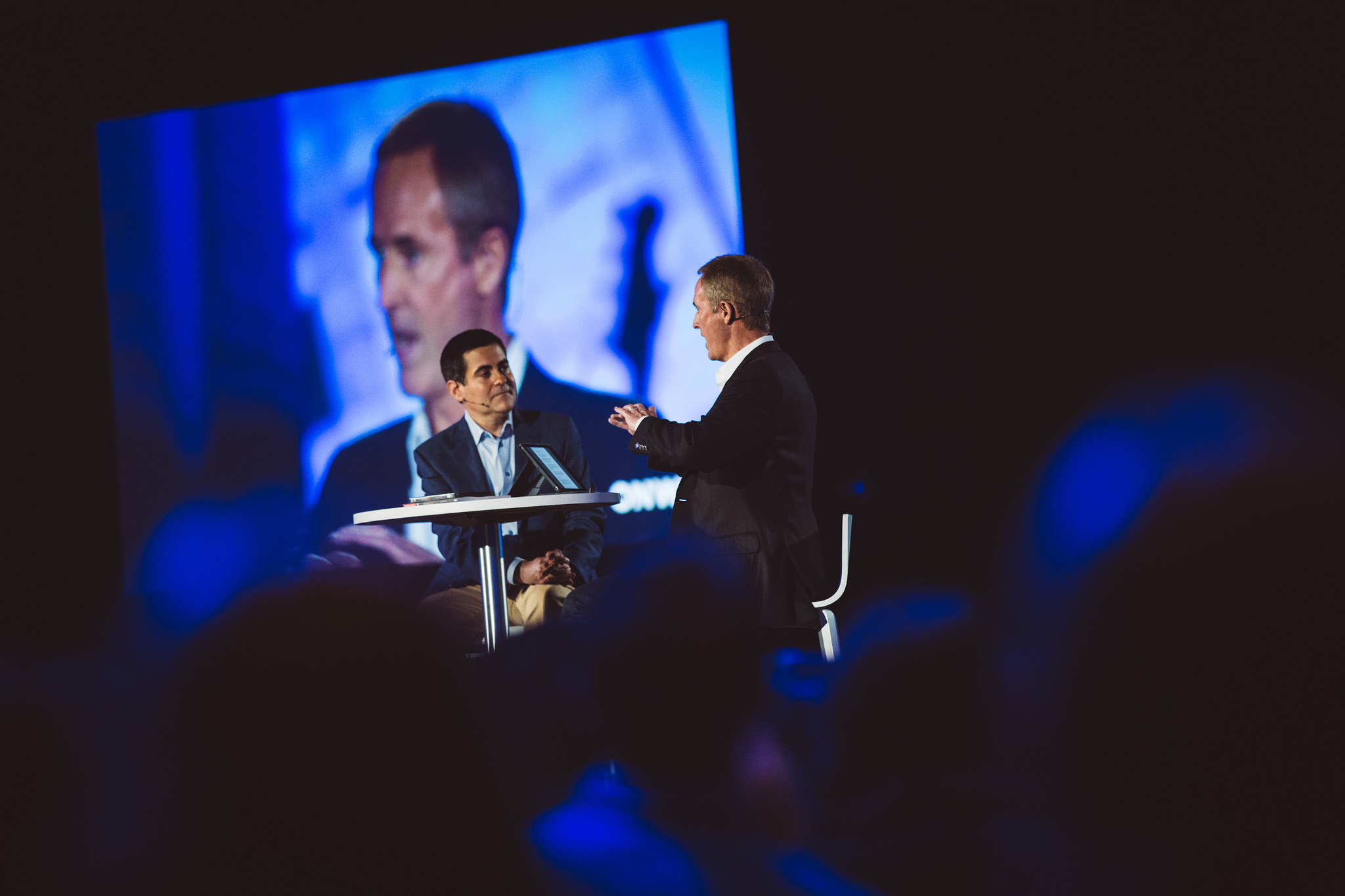Late in 2013, Beyoncé released her fifth album on the Internet with zero pre-release publicity and no advance warning. The album, not-so-subtly titled BEYONCÉ, was touted as the first “visual album,” a collection of 14 songs and 17 music videos, each starring—who else—Beyoncé. The press went wild for this unexpected treasure trove from the iconic singer. Fans did too. The album sold more than 1.5 million copies in its first month.
I like Beyoncé. And from what I’ve heard of the new album, I think it’s her most inventive and interesting music yet. But something about the whole Beyoncé enterprise feels oppressive and off-putting to me. Maybe it’s the fact that the music itself is the least important part of it all. Maybe it’s that 17 music videos starring Beyoncé, on the heels of last year’s Beyoncé documentary, which followed last year’s Super Bowl halftime Beyoncé show, coupled with Beyoncé H&M ads, smothers the consumer so much with Beyoncé the brand that there is no room left to consider the art she created.
But such is the way of our world. Beyoncé is certainly not the only artist whose image/brand overshadows their creative output. The Mileys, Gagas, Kanyes, Britneys and Biebers of the world are constantly the topic of discussion, around the web and the watercooler, but the discussion is almost never about their music.
For artists who really care about art, it’s all a bit depressing. Why is it that Justin Bieber’s Instagram photo of his latest tattoo reaches approximately 15 million more people than saw the exquisite indie film Short Term 12? Why do Kanye West’s incoherent Twitter RANTS receive an infinitely larger readership than that of Marilynne Robinson’s latest collection of essays? Of course those comparisons are ridiculous, but they hint at a troubling question: Is celebrity the necessary evil of cultural impact? Must one embrace self-aggrandizement and platform-building narcissism for the sake of cutting through the clutter and finding an audience for one’s work?
The Atlantic published an insightful essay by James Bowen in November 2013 on this very topic. Bowen discusses the recent Warhol-esque mergers between pop stardom and fine art: Lady Gaga’s collaboration with Jeff Koons and Jay-Z getting jiggy with performance artist Marina Abramović. Rightly observing that both Gaga and Jay-Z “seem more interested in aligning themselves with art for its cultural cachet, rather than out of much appreciation for the work itself,” Bowen goes on to say that what’s even more significant “is the way that musicians such as Gaga and Jay-Z, artists like Abramović, and aspiring creative polymaths such as James Franco have put the projection of their own image and experience to the fore of their endeavors: They’re known more for being who they are than for what they create.”
Indeed, in our age of selfie-obsessed Insta-fame and TMZ celebreality, where “Kardashian” is code for the fame-for-its-own-sake celebrity industrial complex, it seems true that being famous is now infinitely more desirable than being excellent at something.
“If a tree falls in a forest…” applies here: If an actor delivers a dynamic performance in an art film that is ignored by critics, audiences and awards shows, is there any value to it? If a singer-songwriter records a masterpiece album and plays transcendently beautiful shows in small clubs, but never makes it to the Saturday Night Live stage or crosses over into the worlds of film and fragrances, are they to feel like a failure in the vein of, say, the title character from Inside Llewyn Davis?
In bygone eras celebrity was mostly an occasional byproduct of success; today it’s the standard by which success is measured. How many Twitter followers do you have? YouTube channel subscribers? What is the traffic on your blog? These questions are now more pressing to cultural creators than the process of cultural creation itself. But does it have to be this way? Must one secure their firstandlastname.com domain and obsess about their “brand” and “platform” in order to have a fighting chance at cultural relevance? Must we all be egocentrics in order to make a difference?
The short answer is, thankfully, no.
Bowen highlights street artist Banksy as a counterexample to the “I am a walking lifestyle/media/celebrity empire” Gagas and Jay-Zs of the world. While Banksy has produced a huge amount of work and amassed a significant global following, he’s done so while painstakingly hiding in the shadows and letting the work itself take center stage.
“Contrary to the mantra of Gaga and her ilk,” writes Bowen, “Banksy remains the consummate artist of his times by swimming against the tide of self-aggrandizement and constant image management.”
Banksy is part of a larger tradition of artists shunning the limelight, of course. Bowen cites Thomas Pynchon and J.D. Salinger, but there are many others who actively avoided fame and its trappings.
I think of poets like Emily Dickinson, who wrote some of the nineteenth century’s most significant poetry on envelopes and pieces of scrap paper, or as personal gifts to confidants, but not with the expectation that they would be widely read or bring her fame. She was a recluse who rarely left home and found more than enough drama and mystery therein; her solitude was arguably a key to her poetic brilliance.
I also think of filmmaker Terrence Malick, who has made some of the most studied and revered cinematic masterpieces in history (e.g. 1978’s Days of Heaven or 2011’s The Tree of Life) and yet is rarely seen in public and never does interviews. Like Dickinson, Malick seems to care only for the art itself, for pure expression and the giving-of-form to the transcendent. Media hype, press junkets, awards shows, paparazzi and the like are simply distractions for Malick. He wants the work to stand on its own as a thing of beauty. He even goes out of his way to make sure big name stars in his films don’t end up stealing the show.
Are artists like Malick and Dickinson entirely free of hubris and ego? No. But they undeniably value the act of creation more than they do the act of promotion; they elevate the beauty around them, and sometimes the beauty they’ve created, far above their own glory.
By contrast, today it seems that many (most?) artists care chiefly about their own glory. The latest film is merely a ticket to an awards show stage; the latest album a means to merchandise empires and A-list parties at fashion week. The number of people who see their work is important mostly insofar as it leads to more eyes seeing them.
This is true beyond the arts. It’s true of bloggers, commentators, journalists. It’s no longer about the story; it’s not even about the conversation. It’s not about what’s discussed as much as who’s discussing it, and where you can find them on @Twitter and/or where you can buy their book. (Have you noticed recently how every ESPN analyst, cable news talking head and local weatherman has their Twitter handle featured on screen as they talk?) Everyone cares primarily about building their own following so they can feel known, appreciated and praised by at least some audience. “I live for the applause,” sings Lady Gaga. “Live for the way that you cheer and scream for me.”
Christians are as bad as anyone—maybe worse. We obsess about our blog analytics and social followers. We tweet about our speaking schedules and post selfies in the airport before taking redeyes to D.C. for some important meeting. We star in our own reality TV shows. We write books to build our platforms and vice versa. But do we write books because we truly care about the ideas? And if caring about ideas really is our motivation, is a book really the most fruitful way to hash it out?
We must not put the platform cart before the content horse. That is, we ought not focus on achieving a big audience by any means necessary, or simply because we want one. An audience should follow the good work we do. A wide reach shouldn’t be pursued as such, though it can be a nice byproduct of excellence. Jesus didn’t self-consciously build an audience for the sake of having an audience. No, he drew massive crowds because what he was doing and saying was remarkable and compelling.
Excellence should be our focus. Communicate compellingly. Make beautiful things. Be like Banksy or Dickinson or Malick and let your work be the star, rather than you.
Christians sometimes use missional language to justify their desire to build their platform or strengthen their personal “brand.” A bigger reach is good for the gospel, no? This logic makes sense, if we were perfect people. In reality bigger platform/influence almost always leads to bigger ego, where the glory isn’t on God so much as it’s on the pride-prone person in the spotlight. This is not to say a Christian can never effectively use a massive platform while staying humble and self-effacing. Look at someone like Billy Graham. It’s possible. But humility rather than narcissism shouldn’t be the exception for Christians; it should be the norm. We of all people have reason to deflect attention away from ourselves. We serve a God who deserves the glory infinitely more than we do.










